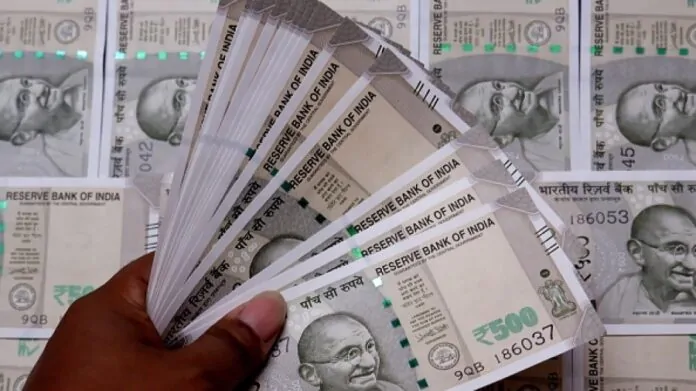
7th Pay Commission DA Hike latest news: There is no good news for central employees. It is a big shock. The dearness allowance of the employees will not be zero. The calculation of dearness allowance (DA Hike calculations) will continue. There is no fixed rule regarding this. Last time this was done when the base year was changed. Now there is no need to change the base year and there is no such recommendation either. Therefore, further calculations for central employees will be beyond 50 percent.
How will DA increase if there is no AICPI index data?
The new update for central government employees is that the Labor Bureau has not released the AICPI index data for the last two months. In such a situation, it is still difficult to calculate what will be the next DA hike. The data of dearness allowance was not updated in February 2024. Actually, in January 2024, dearness allowance (DA hike) has reached 50 percent. There was a discussion that after this the dearness allowance will become zero. However, there is no such rule. This was done only when the base year was changed in the year 2016.
Experts believe that it will not be made zero. The government has also made it clear that no such consideration is being made at the moment. In such a situation, it is difficult to say why this discussion is gaining momentum. The Labor Bureau does not have the data of February and March at present. The data for calculation of dearness allowance is now to be released on May 31. In such a situation, it is being estimated that the calculation of dearness allowance will remain the same as before.
When will the next revision in dearness allowance take place?
The next revision in DA Hike for central government employees is to be done in July. According to the data of AICPI index till January, the number of DA is at 138.9 points. Meaning the score of dearness allowance has reached 50.84 percent. But, the data of February is still missing from the sheet of Labor Bureau. It was being speculated that the Labor Bureau is zeroing the dearness allowance, so the numbers are not being released. But this is not so. Actually, the Labor Bureau did not have complete numbers for February and March, due to which there has been a delay in giving the index number.
How much can dearness allowance increase?
According to experts, the next update in dearness allowance (DA) can be of 4 percent. It will be paid at the rate of 54 percent only. There is no possibility of zero in this. The DA score determined by the AICPI index is not updated. According to the current trend, dearness allowance has reached 51 percent. The figures of February, March, April, May and June will decide how big the next jump will be. It is expected that there will be another jump of 3 percent from the current situation. Meaning it will reach 51 to 54 percent.
1 percent increase in DA in figures
If we look at the current situation, the January figures have been released. The February figures were to be released on March 28. But, it has been put on hold till now. At present, the index is at 138.9 points, while the dearness allowance score has reached 50.84 percent. It is estimated that when the February figures come, it will have crossed 51 percent. After this, the dearness allowance score can be above 51.50 percent in March. Only after the AICPI index number of June 2024 comes, it will be finalized how much will be the total increase in dearness allowance.
There will be a huge jump in dearness allowance
Under the 7th Pay Commission, the AICPI numbers from January to June 2024 will decide the dearness allowance for central employees. Dearness allowance has reached 50.84 percent. Numbers for 5 months are yet to come. Experts believe that this time too an increase of 4 percent is certain. Then the counting should continue beyond 50 percent. If this happens, then dearness allowance can reach 54 percent.
 look news india
look news india